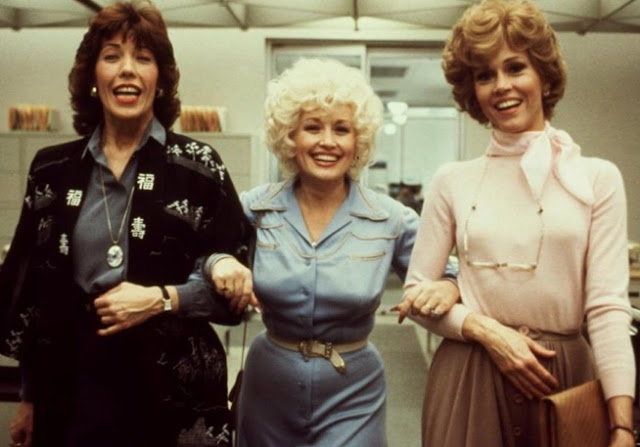What started with a conversation and a united group of women inspired music, a movie and a movement. In the 1970s, when a few women began to share their work experiences with one another and their feelings of invisibility and disposability, they found an opportunity to come together for change.
Karen Nussbaum described to NPR how she and other women created an organization called 9to5. In era when men dominated the workplace and women were often limited to the role of secretary, such a step forward took courage. The group inspired the now classic movie “9 to 5” and the ubiquitous theme song by Dolly Parton.
The song became an anthem for working women in a way that still holds power almost 50 years later. Though advances have been made by women in the corporate world, progress is still needed. Lyrics such as "They just use your mind and they never give you credit" and "They let you dream just to watch 'em shatter/You're just a step on the boss man's ladder" are still true for many women.
According to a 2019 Payscale report, women still only make $0.79 for every man’s $1. Even as about 60% of college graduates are women (as of 2013), and women fearlessly enter previously male dominated domains like politics, technology and executive level roles, women still experience being held back or overlooked.
Why don’t we see an equal share of women running Fortune 500 companies, leading government agencies or simply doing what they love professionally? As Melinda Gates discusses in her book “The Moment of Lift,” there are multiple factors that contribute to women not reaching their full professional potential. Factors such as an unequal distribution of unpaid work (like household chores or taking care of children) or even the inconsistent presence of paid maternity leave can play a part in a woman’s decision to enter or stay in the workforce.
Years after Dolly Parton first sang “9 to 5,” women did start fighting their way to the top. Women of the 1980s put on their power suits and started the job of breaking the glass ceiling. But the work is not done. Though there is not a single solution or tactic that will finish the job of equality, Nussbaum and her colleagues proved that when women unite, support one another and speak up, change is possible.
Sources and Further Reading















